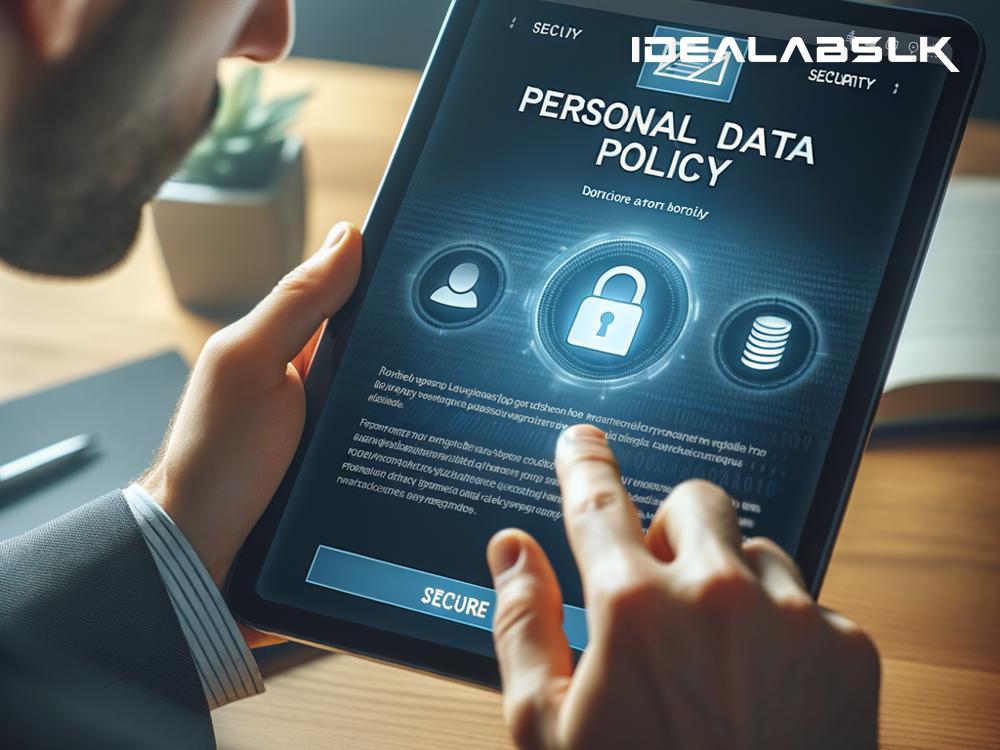A Shopper's Guide to Privacy and Data Rights in the Digital Marketplace
In today's digital age, shopping has never been more convenient. With just a few clicks, we can buy almost anything from the comfort of our homes. However, this convenience comes at a price — our personal information. From browsing histories to purchase records, e-commerce businesses are keeping tabs on us more than ever. But what does this mean for our rights as consumers? Let's dive into the world of consumer rights in this data-driven e-commerce landscape.
Understanding the Data Exchange
First things first, we need to understand what happens when we shop online. Each time we visit a website, make a search, or complete a purchase, we leave digital footprints. These are bits of information that online businesses collect to enhance our shopping experience. They use this data to recommend products, predict trends, and even adjust prices. While this can make our shopping experience more personalized, it also raises concerns about privacy and data protection.
Our Right to Privacy
One of the fundamental rights we have as consumers is the right to privacy. This means our personal information should be protected and not misused. However, defining and protecting privacy in the digital world can be challenging. Our data is often scattered across various platforms, making it hard to keep track of who has access to it. Nonetheless, regulations like GDPR in Europe and CCPA in California are setting new standards for data protection, ensuring businesses are more transparent about data collection and usage.
Knowing Your Rights
As consumers, we have certain rights regarding our data in the e-commerce space. Here are some key rights you should be aware of:
-
The Right to Be Informed: Businesses must tell us what personal data they collect and how they use it. This is usually outlined in their privacy policy.
-
The Right to Access: We have the right to access the information companies hold about us. This helps us understand exactly what data is being collected.
-
The Right to Rectification: If any of our personal information is inaccurate or incomplete, we have the right to have it corrected.
-
The Right to Erasure: Also known as the "right to be forgotten," this allows us to request the deletion of our personal data under certain conditions.
-
The Right to Restrict Processing: In some cases, we can request that businesses limit the way they use our personal data.
-
The Right to Data Portability: This means we can obtain and reuse our personal data for our own purposes across different services.
-
The Right to Object: We have the right to object to the processing of our personal data in certain circumstances, including for marketing purposes.
Navigating the Digital Marketplace
Knowing our rights is just the first step. To effectively protect our data, we also need to be proactive in the digital marketplace. Here are some tips to keep in mind:
-
Read Privacy Policies: Although they can be lengthy, understanding how companies use your data is crucial. Look for clear explanations of data usage and opt-out options.
-
Manage Cookies: Cookies track your online activity. Many websites allow you to manage these settings, so make use of these options to control what information is collected.
-
Use Privacy Tools: Consider using tools like ad blockers and privacy-focused browsers to limit the amount of data collected about you.
-
Be Mindful of What You Share: Think twice before sharing personal information online, especially on social media. The less data you share, the less there is to be potentially misused.
-
Exercise Your Rights: Don't hesitate to reach out to companies to exercise your rights, whether it's to access your data, correct it, or delete it.
Embracing Technology Responsibly
As e-commerce continues to evolve, so too will the ways in which our data is used. While regulations and consumer rights provide a framework for privacy and data protection, it's equally important for us, as consumers, to stay informed and vigilant. By understanding our rights and taking proactive steps to protect our data, we can enjoy the benefits of the digital marketplace without sacrificing our privacy.
In conclusion, navigating consumer rights in the data-driven e-commerce world might seem daunting, but it's a critical aspect of modern shopping. By arming ourselves with knowledge and the right tools, we can take control of our data and make informed decisions that prioritize our privacy. Remember, in the digital age, being a savvy shopper isn't just about finding the best deals—it's also about safeguarding our digital footprint.

